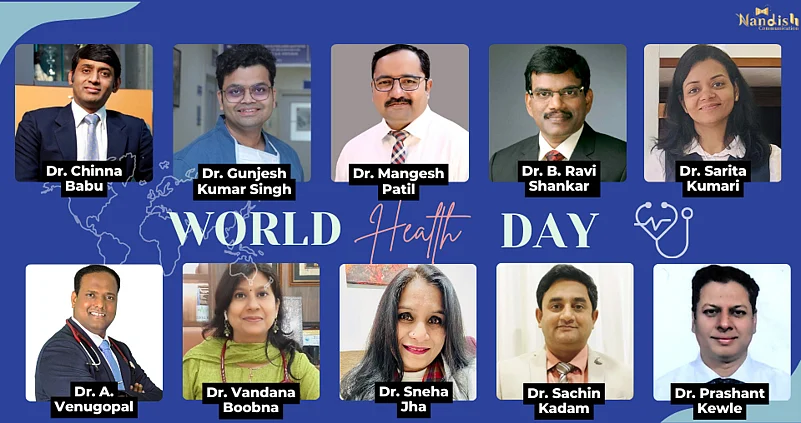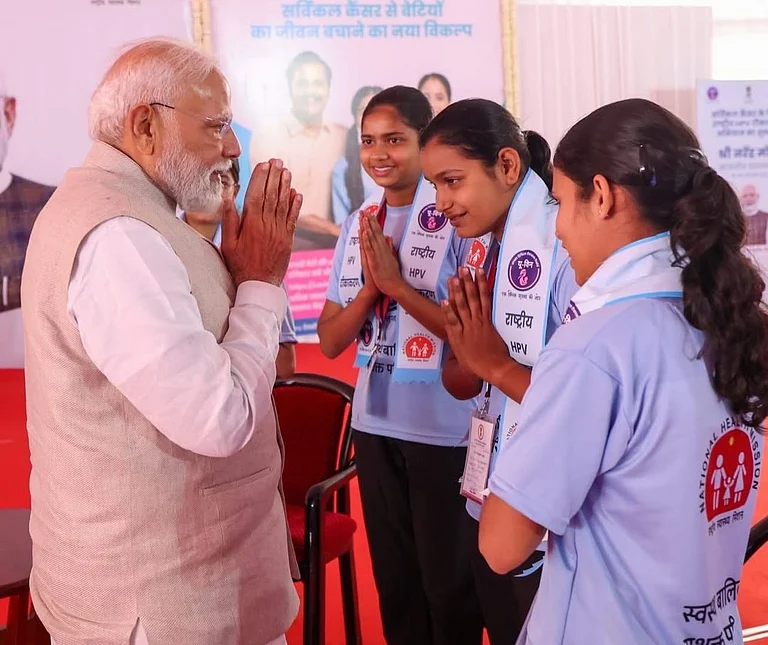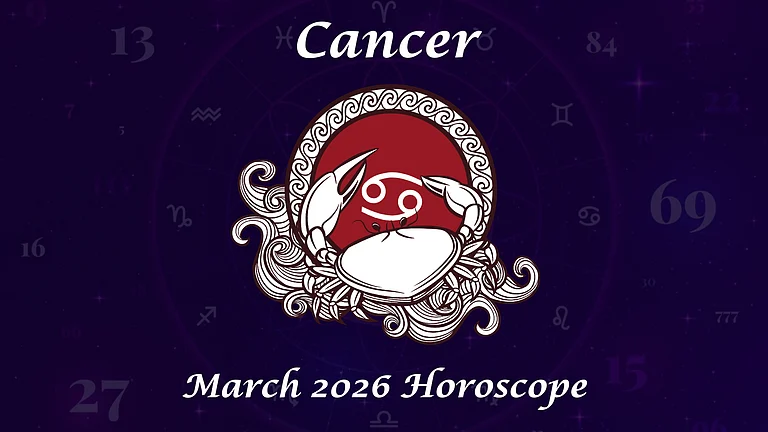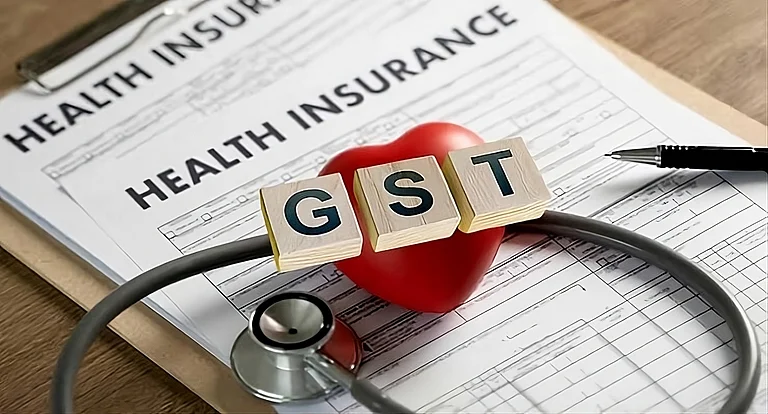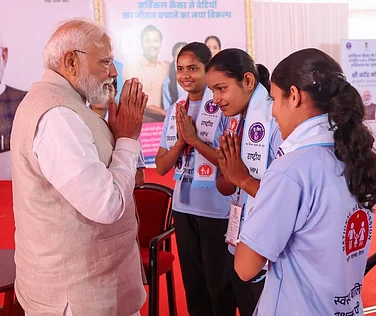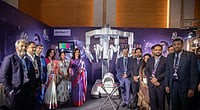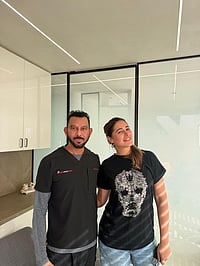On World Health Day 2024, the global community pauses to reaffirm a fundamental truth: health is a universal human right. As we navigate an era defined by unprecedented challenges and advancements in healthcare, the voices of leading health experts resonate with profound significance. Encapsulating a diverse tapestry of wisdom and expertise, these insights offer invaluable perspectives on the intricate interplay between individual wellness and societal well-being. From addressing disparities to advocating for equitable access to care, these voices serve as guiding beacons illuminating the path towards a healthier, more inclusive future for all.
Dr. Chinna Babu Sunkavalli, MS, MCH, PDCR, ACMO - Senior Robotic Surgical Oncologist at Yashoda Hospital, Hyderabad
World Health Day, with the theme "My Health, My Right," highlights the fundamental right to health for everyone, everywhere. This year, we spotlight the preventable tragedy of cervical cancer. Cervical cancer is one of the most preventable and treatable forms of cancer, yet it claims hundreds of thousands of lives annually, especially in low-income countries where access to screening and vaccines is limited. Every woman has the right to protect herself against this disease. Cervical cancer vaccines are safe, effective, and can save lives. By advocating for accessible vaccination programs and regular screenings, we can empower women to take charge of their health and prevent unnecessary suffering. Let's unite on World Health Day to ensure that every woman, regardless of her background or location, has the right to a healthy future. Together, we can spread awareness, improve access to vaccines, and ultimately, save lives. My Health, My Right. Let's make it a reality for all.
Dr. A. Venugopal, MD (General Medicine), DM (Medical Oncology), MRCP - SCE Medical Oncology (UK), ECMO (Switzerland) – HOD & Sr. Consultant Medical Oncologist at Pi Health Cancer Hospital, Hyderabad
Dr. A Venugopal, a Medical Oncologist and Haemato-Oncologist at Pi Health Cancer Hospital in Gachibowli, Hyderabad, sheds light on the profound challenges faced by individuals battling cancer on World Health Day. With over 15 years of experience and extensive qualifications, including MD in General Medicine, DM in Medical Oncology, and certifications such as MRCP - SCE Medical Oncology (UK) and ECMO (Switzerland), Dr. Venugopal is a trusted advocate for cancer patients. He emphasizes the personal struggles endured by patients and their families, underscoring the importance of holistic cancer care beyond medical treatment. Dr. Venugopal urges for enhanced accessibility to cancer care, especially amidst the COVID-19 pandemic, which has exacerbated challenges in treatment and support services. He calls for unified efforts in research, promoting healthy lifestyles, and providing comprehensive support to alleviate the burden of cancer globally, fostering hope for a future free from this formidable disease.
Dr. Gunjesh Kumar Singh, MBBS, MD, DM Medical Oncology (Tata Memorial Hospital Mumbai), ESMO Certified Medical Oncologist, Consultant & HOD at Bhagwaan Mahavir Medica Super Speciality Hospital, Ranchi
On the occasion of World Health Day, I want to draw attention to the importance of geriatric oncology (cancer in the elderly group). Geriatric oncology holds paramount importance due to the unique challenges posed by cancer in elderly populations. As people age, they become more susceptible to cancer, with the disease often presenting differently and alongside multiple comorbidities. Geriatric oncology addresses these complexities by integrating oncology with geriatric principles, tailoring treatment plans to individual patients' functional status, cognitive abilities, and overall health. This personalized approach ensures optimal outcomes while minimizing treatment-related toxicities and preserving quality of life. Moreover, geriatric oncology emphasizes comprehensive geriatric assessments to identify and manage age-related issues, such as frailty, polypharmacy, and cognitive impairment, which can impact treatment decisions and outcomes. With the global population aging, the significance of geriatric oncology continues to grow, underscoring the need for specialized care that acknowledges and addresses the unique needs and challenges faced by elderly cancer patients. By advancing research, education, and clinical practice in this field, geriatric oncology strives to improve survival rates, enhance treatment tolerability, and enhance the overall well-being of older adults diagnosed with cancer.
Dr. Mangesh Patil, MBBS, MS (General Surgery), DNB (Genito-Urinary Surgery), MNAMS (General Surgery), Robotic Surgery Training (USA), Consultant Urologist & Robotic Uro-Oncosurgeon (Robotic Surgery) at Reliance Foundation Hospital, Girgaon, Saifee Hospital, Breach Candy Hospital, Urocare Clinic, Andheri East, Mumbai
On World Health Day, as a urologist l feel it is vital in promoting awareness about urological health. Urologist plays a crucial role in diagnosing and treating conditions affecting the urinary tract and male reproductive system. From kidney stones to prostate cancer, their expertise extends to various ailments impacting quality of life. We advocate for preventive measures such as regular screenings, healthy lifestyle choices, and education on symptoms. With a focus on patient-centred care, we emphasize the importance of early detection and timely intervention to mitigate the progression of urological diseases. On this day, we. must aim to raise awareness, reduce stigma, and encourage proactive steps towards optimal urological health for individuals worldwide.
Dr. Prashant Kewle, M.S. (ENT), DORL Consultant ENT Surgeon and Otoneurologist Vertigo & Balance Clinic @ Sushrut Hospital Chembur, Mumbai
Vertigo, dizziness, blackouts, falls, and the fear of falling all contribute to a sense of imbalance, which may manifest temporarily for seconds, minutes, hours, or even days. Several bodily systems collaborate to maintain balance during various tasks or positions: the vestibular system, proprioceptory system, visual system, cardiovascular system, and neurological system. Assessment commences with a detailed history and supported tests such as the Vertigo Profile via videonystagmography and the Balance Profile through stabilometry. Further tests may be necessary to evaluate specific systems. Once diagnosed, conditions like BPPV can be treated with various maneuvers like Epily's, simont, gufoni, log roll, yakovino etc without any medication or surgery. Other causes of vertigo can be treated with medicine or surgery. Around 20 % of senior citizens have a fear of falls will require balance retraining. The ultimate goal remains consistent transformation from IMBALANCE TO I M BALANCED.
Dr. B. Ravi Shankar, MD (CMC), MBA, DNB (RT), MRCP, ECMO (Medical Oncology), FESTRO (Rad Onc), PDCR, OCTT, Managing Director – Omega Hospital, Visakhapatnam
"Access to quality healthcare is not merely a privilege; it is an inalienable right for every individual," asserts Dr. B. Ravi Shankar, Managing Director at Omega Hospital, Visakhapatnam, and a prominent figure in medical oncology. With a fervent commitment to promoting equitable healthcare access, Dr. Shankar emphasizes the significance of preventive measures in combating the escalating burden of non-communicable diseases. Drawing from his experience in oncology, he advocates for comprehensive cancer care that transcends socioeconomic barriers, ensuring every patient receives timely and affordable treatment. Dr. Shankar underscores the importance of addressing social determinants of health to achieve equitable outcomes, envisioning a society where everyone can lead a healthy and fulfilling life. On World Health Day, he calls upon the global community to renew their dedication to promoting health as a fundamental human right, empowering individuals to prioritize their well-being and access the care they deserve.
Dr. Sachin Kadam, Consultant Surgical Oncologist at Currae Cancer & Multi–Speciality Hospital, Mumbai
Since 1950, World Health Day has been an annual event, with each year's theme chosen by the current Director-General of the World Health Organization (WHO), in consultation with members, governments, and staff. The theme for World Health Day 2024 is ‘My Health, My Right,’ echoing WHO's definition of health as complete physical, mental, and social well-being. This global observance serves as a platform to spotlight crucial public health issues affecting communities worldwide. It emphasizes the importance of universal access to quality health services and coverage without discrimination, ensuring everyone can receive timely and comprehensive care. Addressing diet-related risk factors like overweight, obesity, and non-communicable diseases is paramount, advocating for healthy nutrition practices. Additionally, combating tobacco use, which significantly shortens life expectancy and poses myriad health risks, remains imperative. Mental health disorders, particularly depression, disproportionately affect women and the elderly, contributing to the burden of diseases. World Health Day underscores the fundamental right of every individual to enjoy the highest attainable standard of health, regardless of socio-economic background or demographic factors.
Dr. Sarita Kumari, MD, MCh (Gynaecologic Oncology), Assistant Professor (NCI, Jhajjar, AIIMS, New Delhi) Editorial Fellow and Early Career Editorial Board Member, International Journal of Gynaecological Cancer, Delhi - Pending
Health is a state of complete physical, mental and social well-being and not merely the absence of disease or infirmity. The enjoyment of the highest attainable standard of health is one of the fundamental rights of every human being without distinction of race, religion, political belief, economic or social condition. Good health is basic to the attainment of peace and security and is dependent on the fullest cooperation of individuals and States. Healthy development of a child starts from in utero and this continuum of care should be maintained till the demise of an individual. In a healthy body resides a healthy mind which makes an individual capable of excelling at home and workplace. In an ever-changing environment, the ability to live harmoniously is possible only if an individual is aware of medical, psychological and related knowledge. Governments have a responsibility for the health of their people which can be fulfilled only by the provision of adequate health and social measures.
Dr. Sneha Jha, DMRT (BMC & Kidwai Memorial Hospital), DNB (VMMC & Safdarjung Hospital), Ex Faculty Indraprastha Apollo Hospital, Swai Man Singh Hospital Jaipur, Chief & Senior Consultant Radiation Oncology, Patna
This Year’s theme for World Health Day is “My Health, My Right”, reaffirming what WHO has affirmed since its birth on the 7th of April. Diseases and disasters loom large as causes of death and disability. Conflicts are devastating lives, causing death, pain, hunger and psychological distress. The burning of fossil fuels is simultaneously driving the climate crisis and taking away our right to breathe clean air, with indoor and outdoor air pollution claiming a life every 5 seconds. To address these types of challenges, the theme for World Health Day 2024 is “My Health, My Right”. This year’s theme was chosen to champion the right of everyone, everywhere to have access to quality health services, education, and information, as well as safe drinking water, clean air, good nutrition, Quality housing, decent working and environmental conditions, and freedom from discrimination.
Dr. Vandana Boobna, Associate Director, Internal Medicine at Max Super Speciality Hospital Shalimar Bagh, Founder and Director of Clinic Viva, Delhi
Celebrating World Health Day under the theme "My Health, My Right," prompts reflection on India's healthcare landscape. As a physician, I witness the hurdles hindering quality healthcare access. A robust healthcare system must recognize every individual's right to optimal physical and mental well-being, a fundamental human entitlement. In India, non-communicable diseases (NCDs) like diabetes and hypertension impose a significant burden due to lifestyle changes, compounded by limited awareness and access, alongside socioeconomic disparities. Addressing these challenges demands a multifaceted approach. Firstly, raising awareness about preventive healthcare measures is crucial, promoting physical activity, balanced diets, and stress management. Secondly, enhancing healthcare access, especially in rural areas, through primary care expansion and telemedicine, is imperative. Moreover, initiatives to improve health literacy and address social determinants like poverty and education are vital. Let's reaffirm our commitment to equitable healthcare access this World Health Day, striving for a healthier, resilient society where everyone thrives.






